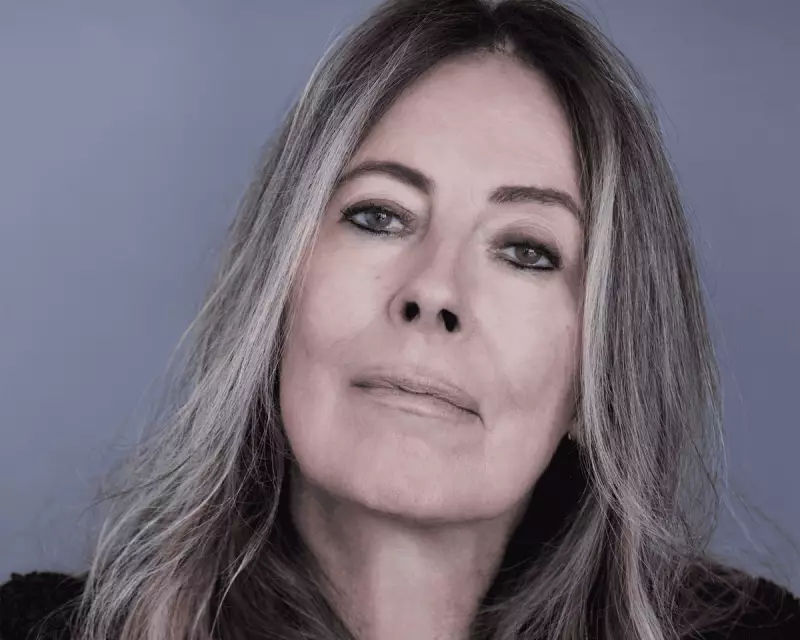
Visionary director Kathryn Bigelow, the Academy Award-winning force behind The Hurt Locker and Zero Dark Thirty, is pushing cinematic boundaries once again with a revolutionary project that merges artificial intelligence with one of art's most iconic figures.
The AI Warhol Resurrection
In what's being hailed as a landmark moment for film technology, Bigelow has created an artificial intelligence version of Andy Warhol that forms the centrepiece of her latest project, A House of Dynamite. This isn't merely digital recreation - it's a sophisticated AI system trained on thousands of hours of Warhol's interviews, writings, and film appearances, capable of generating new dialogue and responses in the artist's distinctive voice and mannerisms.
The film explores Warhol's complex fascination with nuclear annihilation during the cold war era, a subject that haunted the pop artist throughout his career. Bigelow's AI Warhol engages in chillingly authentic conversations about mortality, destruction, and the atomic age that feel both historically grounded and terrifyingly relevant to contemporary nuclear tensions.
Nuclear Fears in the AI Age
Bigelow's project arrives at a critical moment, as global nuclear anxieties resurface amid geopolitical tensions. The director reveals she was drawn to Warhol's atomic preoccupations precisely because they mirror our current era's escalating nuclear concerns.
"We're living in a new nuclear age," Bigelow stated during the project's unveiling. "Warhol's fascination with mass destruction feels more relevant than ever. Using AI to resurrect his voice allows us to explore these eternal fears through a contemporary lens."
Technical Breakthrough or Ethical Minefield?
The film's technological achievements raise profound questions about the future of biographical storytelling:
- AI systems capable of replicating deceased historical figures
- The ethical boundaries of posthumous digital performance
- New creative possibilities for exploring historical perspectives
- Potential applications for educational and documentary filmmaking
Bigelow defends her approach as artistic innovation rather than digital grave-robbing, emphasising that the AI Warhol serves to illuminate the artist's genuine concerns and philosophical positions rather than invent new ones.
A New Frontier for Cinema
Industry experts are calling A House of Dynamite a potential watershed moment for filmmaking. The technology developed for the project represents one of the most sophisticated applications of AI in narrative cinema to date, blurring the lines between historical documentary and creative interpretation.
The film doesn't merely use AI as a special effect but integrates it as a fundamental storytelling tool, allowing for dynamic interactions and explorations that would be impossible through traditional filmmaking techniques.
As nuclear tensions continue to dominate global headlines, Bigelow's timely exploration of atomic anxiety through Warhol's resurrected perspective offers both a historical warning and a glimpse into cinema's rapidly evolving future.





